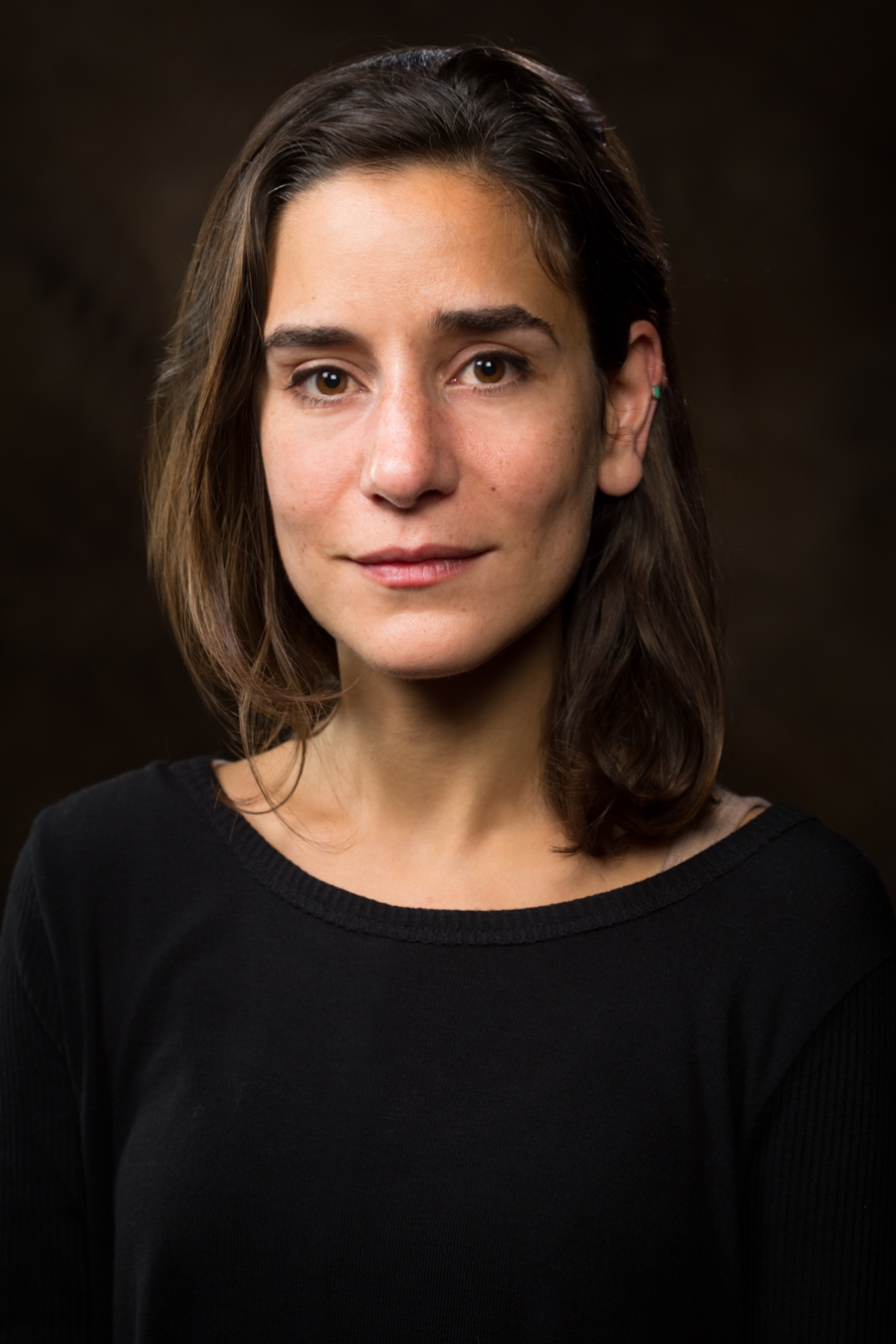Physicists Link Topological Defects to Unusual Behavior in Ferroelectrics
FAYETTEVILLE, Ark. – New University of Arkansas theoretical physics research shows that topological defects can explain unusual features of some ferroelectric materials.
The findings, published in two studies in Physical Review Letters, the journal of the American Physical Society, can open the way to exploring complex phenomena typically seen in other classes of materials, said Yousra Nahas, a postdoctoral research associate at the U of A who led the studies.
Ferroelectric materials possess spontaneous dipoles, or charge separations, that allow them to create the images seen in medical ultrasound and naval sonar, and also are used to convert signals to sound in cell phones and other audio devices.
Topological defects often reveal to be the main ingredient to various phenomena in physics, Nahas said. For example, she said, they have been the key to understanding properties such as those in superfluids, in which the matter behaves like a fluid with zero viscosity. Topological defects also dictate phenomena in superconductors and liquid crystals.
In the first study, the team found that a phenomenon known as geometric frustration is induced in a ferroelectric material with structural features measured in nanometers. This leads to topological defects such as vortices and antivortices, Nahas said. This is important, she said, because geometric frustration, in which the incompatibility between the atomic interactions and the underlying crystal symmetry can lead to highly complex atomic structures, hasn’t been widely studied in ferroelectrics.
In the second study, the physicists investigated topological disorder in a class of ferroelectrics known as relaxor ferroelectrics, which can be used in electronic devices to change temperature or shape. Relaxor ferroelectric applications range from vibration sensors to image storage.
“We found that the topological disorder constitutes a benchmark for discerning between certain relaxor behaviors,” Nahas said. ``Our study indicates that an unusual feature of relaxor systems – relaxation of their dielectric response – is strongly linked to the mobility of topological defects.”
Nahas collaborated closely with Sergei Prokhorenko, a postdoctoral research associate at the U of A; Laurent Bellaiche, Distinguished Professor in the Department of Physics and holder of the Twenty-First Century Endowed Professorship in Nanotechnology and Science Education; and Igor Kornev, a former U of A research professor now at Ecole Centrale Paris.
The researchers performed calculations on supercomputers at the Arkansas High Performance Computing Center. The U.S. Army Research Office and the Defense Advanced Research Projects Agency, which commissions advanced research for the U.S. Department of Defense, funded the research.
Contacts
Chris Branam, research communications writer/editor
University Relations
479-575-4737,
cwbranam@uark.edu
Headlines
PetSmart CEO J.K. Symancyk to Speak at Walton College Commencement
J.K. Symancyk is an alumnus of the Sam M. Walton College of Business and serves on the Dean’s Executive Advisory Board.
Faulkner Center, Arkansas PBS Partner to Screen Documentary 'Gospel'
The Faulkner Performing Arts Center will host a screening of Gospel, a documentary exploring the origin of Black spirituality through sermon and song, in partnership with Arkansas PBS at 7:30 p.m. Thursday, May 2.
UAPD Officers Mills and Edwards Honored With New Roles
Veterans of the U of A Police Department, Matt Mills has been promoted to assistant chief, and Crandall Edwards has been promoted to administrative captain.
Community Design Center's Greenway Urbanism Project Wins LIV Hospitality Design Award
"Greenway Urbanism" is one of six urban strategies proposed under the Framework Plan for Cherokee Village, a project that received funding through an Our Town grant from the National Endowment for the Arts.
Spring Bike Drive Refurbishes Old Bikes for New Students
All donated bikes will be given to Pedal It Forward, a local nonprofit that will refurbish your bike and return it to the U of A campus to be gifted to a student in need. Hundreds of students have already benefited.





